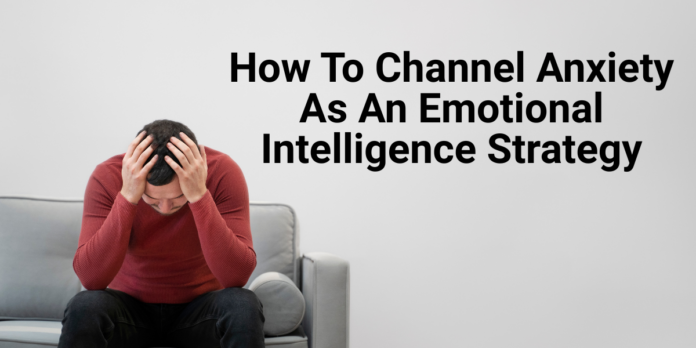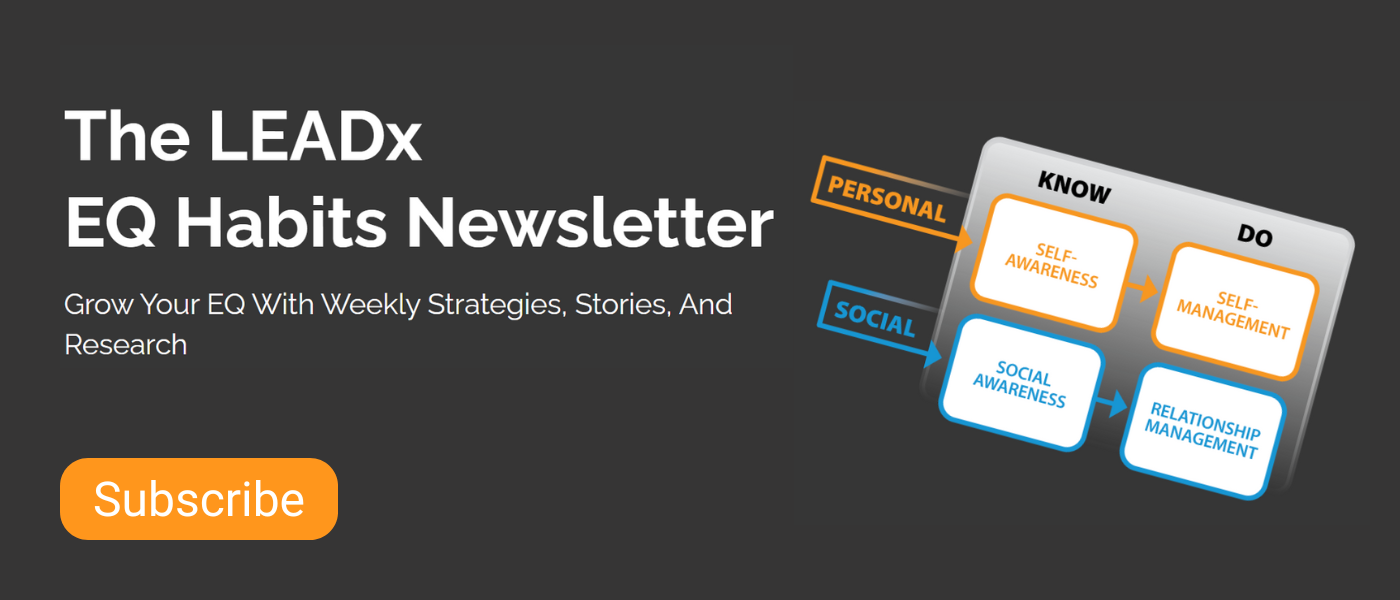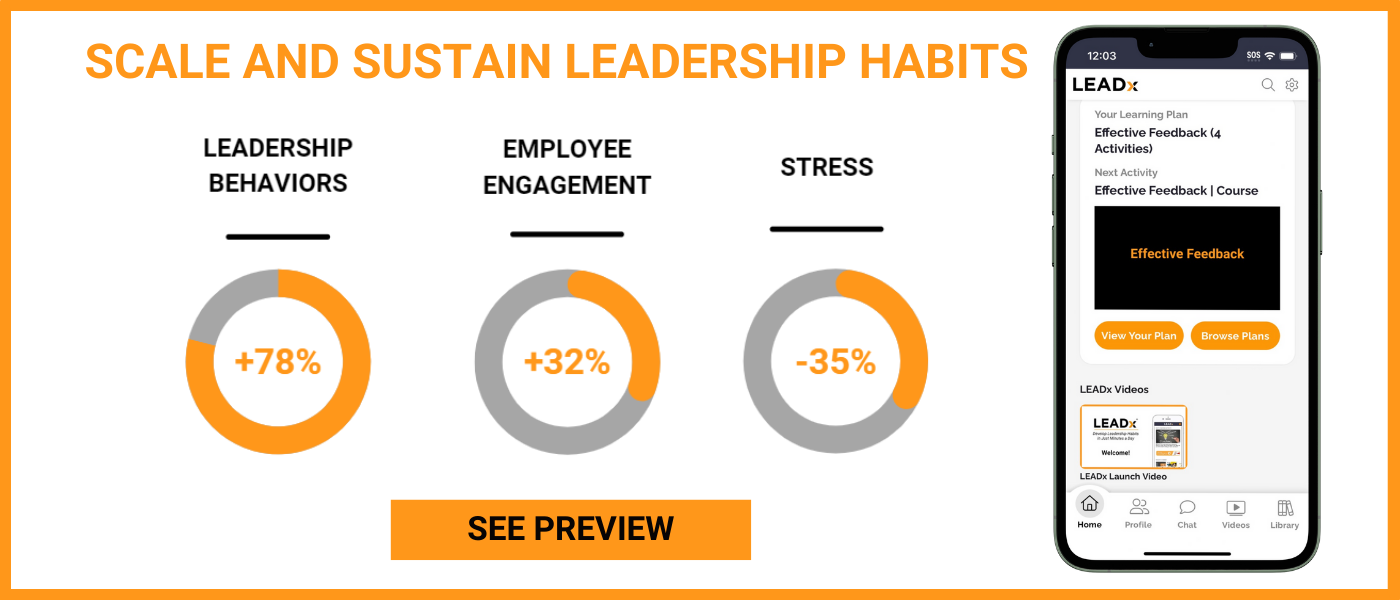
It’s not uncommon for the very things we fear to end up being beneficial. For decades, video games were blamed for “brain rot” and “real-world violence.” But as the science caught up, studies revealed that action games sharpen decision-making, Tetris can reduce PTSD flashbacks, and playing Pokémon as a child augments brain structure.
 Anxiety is the video game equivalent of emotions. Pegged as “bad,” anxiety is treated as an emotional outlaw that must be sought out and imprisoned. If you need proof, just look at the U.S. market for anxiety pharmaceuticals, which has grown to $12.43 billion. Of course, anxiety disorders can be serious and medication can be quite useful in those cases. But, what about your average daily anxiety? Anxiety is an emotion that evolved with humans to help them be more effective. Thought of in this light, it can become one of the most powerful tools at our disposal. Psychologist and emotion regulation researcher, Dr. Tracy Dennis-Tiwary, even wrote a book devoted to this concept called Future Tense: Why Anxiety Is Good For You. What follows are five ways she recommends to channel your anxiety toward positive outcomes. Each is a powerful emotional intelligence strategy.
Anxiety is the video game equivalent of emotions. Pegged as “bad,” anxiety is treated as an emotional outlaw that must be sought out and imprisoned. If you need proof, just look at the U.S. market for anxiety pharmaceuticals, which has grown to $12.43 billion. Of course, anxiety disorders can be serious and medication can be quite useful in those cases. But, what about your average daily anxiety? Anxiety is an emotion that evolved with humans to help them be more effective. Thought of in this light, it can become one of the most powerful tools at our disposal. Psychologist and emotion regulation researcher, Dr. Tracy Dennis-Tiwary, even wrote a book devoted to this concept called Future Tense: Why Anxiety Is Good For You. What follows are five ways she recommends to channel your anxiety toward positive outcomes. Each is a powerful emotional intelligence strategy.
1. Hope and Anxiety Are intertwined
You’re not anxious because you are going to bomb that job interview. You’re anxious because you know you might bomb, but you also know you might crush it. In other words, anxiety is the tension between a good and a bad outcome. Anxiety necessitates hope.
Anxiety helps you prepare to avoid disasters and to make your dreams come true. Anxiety is the emotion that enables you to plan and imagine in explicit detail what might happen. Of course, if you let your anxiety run rampant, you’ll ruminate and envision the worst on repeat. So, what you have to do is learn to envision both the bad and the good.
The EQ Strategy: When you feel anxious, ask yourself, “What’s the positive outcome here?”
2. Anxiety Primes You to Connect with Others and Lean on Them for Support
Anxiety primes us to connect with others. Think of the way people gather around when something bad happens (i.e., an accident). Or think of the way you might “rant” about your feelings to your partner when you’re stressed about your work.
The biology of anxiety confirms that we gravitate toward each other when anxious. Specifically, the social bonding hormone oxytocin increases when you’re anxious. This primes you to seek out social connection and support.
In 2013, Researchers at University of Wisconsin put this idea to the test. They placed people in MRI machines and threatened to shock them at random. There were three groups of participants:
1/ People who were alone.
2/ People who held the hand of a stranger.
3/ People who held the hand of a loved one.
The researchers measured fear activity in each person’s brain. And they found something incredible in the third group. Participants’ brains were much less active. They could literally outsource their fear to their loved ones. That means your brain can offload negativity. Leaning on others in tough times is like taking ice cream scoops of negativity out of your brain.
The EQ Strategy: Ask your friends and family for support. Don’t let fear of vulnerability hold you back.
3. Anxiety Clarifies What You Care About
When forced to evacuate your house, you pack up the most important, irreplaceable things. This is a great metaphor for how anxiety works in your brain. Moments of anxiety clarify exactly what matters to you. That’s why over-medicating for anxiety has a big downside. When you force your anxiety to go away, you won’t understand why you feel anxious. You should treat anxiety as a call to listen; not to evade. By adopting a mindset of curiosity, you can use your anxiety to more deeply understand what you care about.
The EQ Strategy: Next time you feel anxious, ask yourself, “What do I care about so much that it’s making me anxious?”
4. Anxiety Offers You With a Wave of Energy
I know I’m anxious about my work when I snap awake thinking about it. Worst case, the anxiety is overwhelming and I struggle to focus. Best case, it offers a huge amount of directional energy to work on the project itself.
With practice, this best case can become consistent. Some people, like Ira Glass, the host of “This American Life,” even say they rely on anxiety to maintain their highest level of performance. “I'm anxious about my work being good. Like all the time…I'm anxious about getting it done, and I'm anxious about it being good. I'm anxious in general.” But, he doesn't see his anxiety as a demon. He sees it as a much-needed ally. A driver, a motivator, and an accelerator. So, he intentionally sets a harsh deadline for each episode, then sticks to it. “Without [deadlines] I can really float. There are stories where much of the time I'm wondering, are we gonna have to kill them? And only at the 11th hour do they get to be good enough. It's only through an act of will that these things are not mediocre.”
The key is learning how to channel that energy so it's a vector, not a whirlpool.
The EQ Strategy: When you get a wave of energy from anxiety, don’t let it wash over you; ride it.
5. Anxiety Boosts Performance
One mean-but-fascinating study brought in socially anxious participants and made them give impromptu public speeches. In case this wasn't bad enough already, the speeches were on hot-button topics (i.e., death penalty or abortion).
- Half of the participants were primed that they would struggle.
- Half were told that the anxiety was their ally. They were told something like, “Anxiety is your heart pumping blood to your brain so you can achieve peak performance.”
The group told to treat anxiety as an ally saw massive benefits:
- They were rated as giving better speeches
- They had lower heart rates and blood pressure
- They used fillers like “uhm” and “like” much less frequently
The EQ Strategy: When you feel anxious about your performance, remind yourself that your anxiety is the very thing driving you to perform well.
Normalize Anxiety And Tap Into Its Benefits
“Normalize” anxiety. Because you have no choice. And because it's a tool hardwired right into your brain. Ignoring anxiety or over-medicating it just blocks you from tapping into its benefits.






